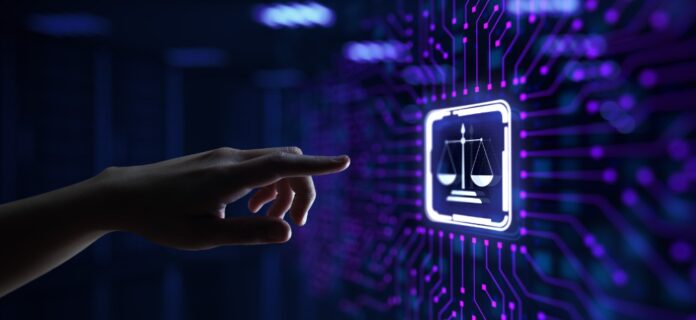The settlement includes global cross-license for patented cellular standard-essential technologies
Apple and Ericsson have settled their yearlong legal dispute over iPhone-related and other patents. The settlement involves a new multi-year global patent license deal and joint commitment to “strengthen their technology and business collaboration, including in technology, interoperability and standards development.”
Specifically, Ericsson said that the agreement includes global cross-license for patented cellular standard-essential technologies, as well as other patent rights.
When apple released the first iPhone in 2008, it licensed Ericsson’s patents. When that deal expired, Ericsson files complaints against Apple in 2015 accusing the company of using its technology without a license. This lead to another global cross-license deal between the companies, but when renewal discussions failed in 2021, those licenses expired. Since then, the pair have lobbed lawsuits against each other in several countries.
In January 2022, for instance, Ericsson filed new allegations accusing Apple of violating essential patents for 5G. The company cited a total of twelve patents between the two. In a previous statement provided to the press, Ericsson said that Apple is using its technology without a license, following the expiration of a 2015 settlement. At some point, Apple countersued Ericsson, accusing the latter of using “strong-arm tactics” to renew patents.
Now, Ericsson’s Chief Intellectual Property Officer Christina Petersson has stated that the company is “pleased to settle the litigations with Apple with this agreement,” adding that the settlement will “allow both companies to continue to focus on bringing the best technology to the global market.”
The settlement, which has come just a few days after the latest trial between Ericsson and Apple kicked off at the United States District Court of the Eastern District of Texas, is a key development in that is finally ends “all ongoing patent-related legal disputes” between the pair, according to the companies.

